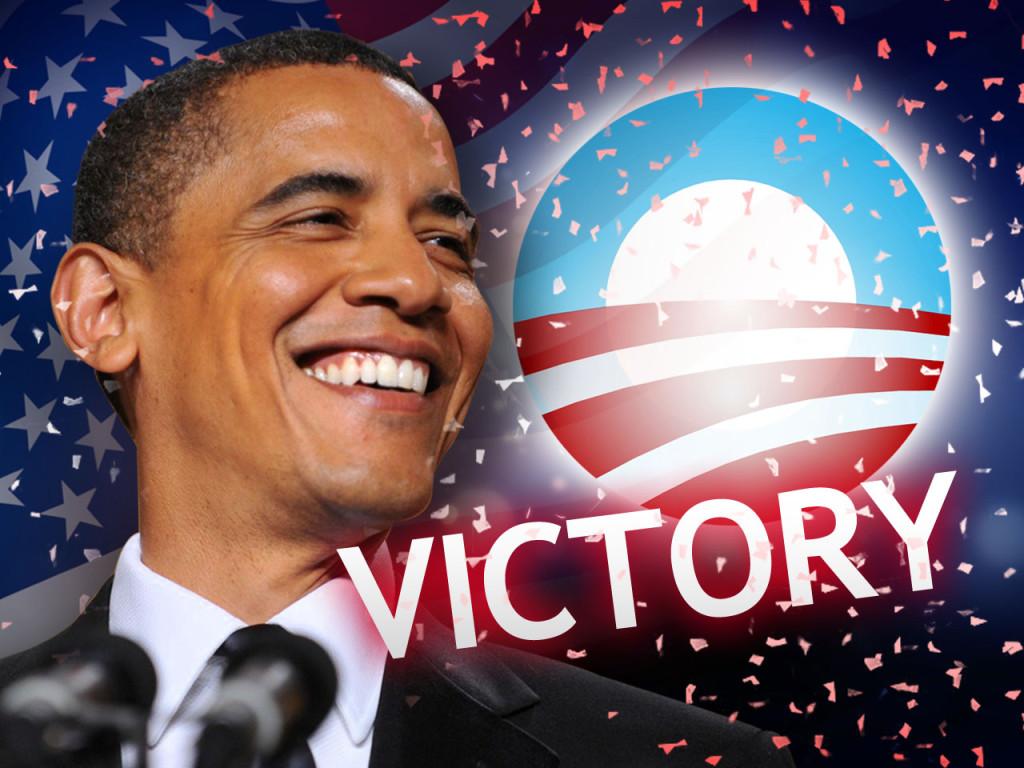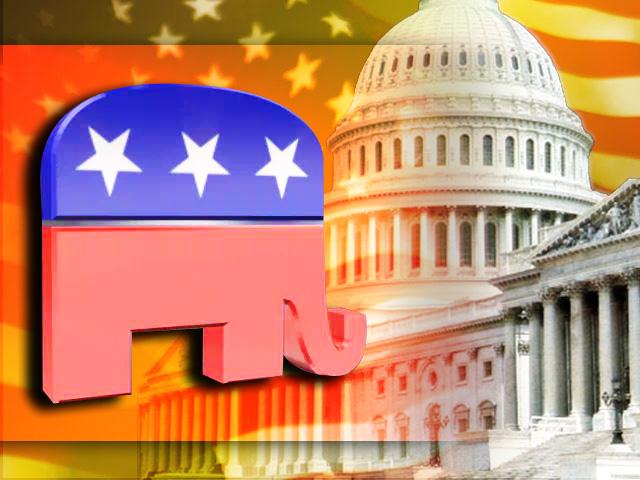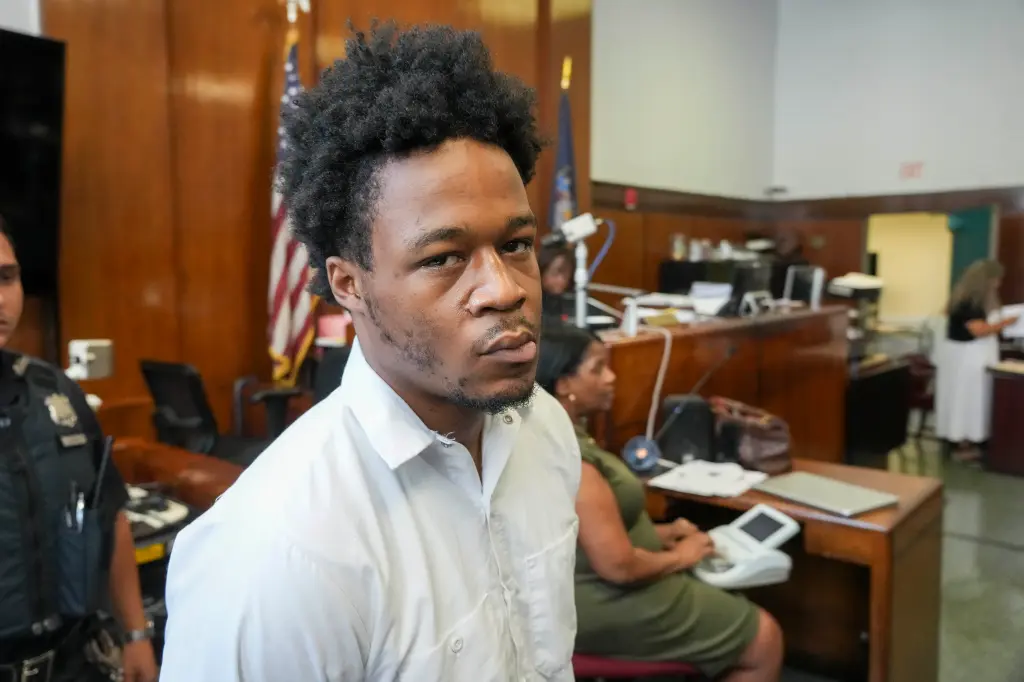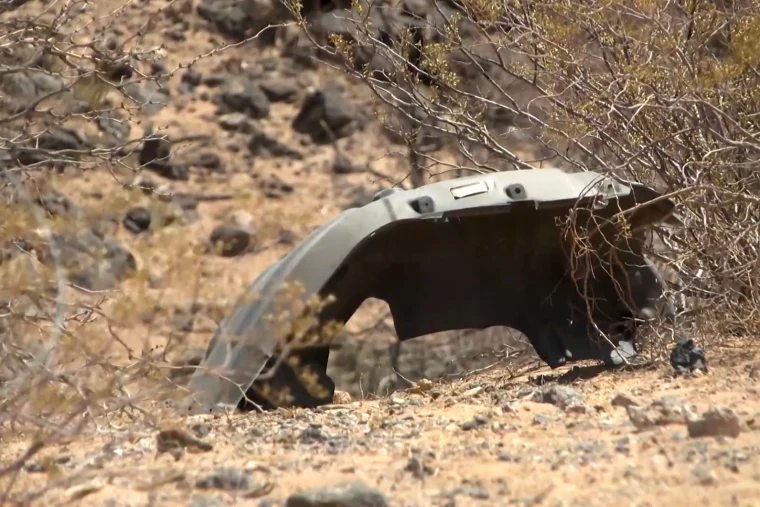The national debate over voter identification laws took a new turn in the state of Pennsylvania last month. A state judge temporarily halted the implementation of Pennsylvania’s voter ID law for the November election.
“Voters will be asked for, but not required to show, an acceptable photo ID at the polls on Election Day,” stated Carol Aichele, Secretary of the Commonwealth of Pennsylvania during a press conference phone call with student reporters.
A voter’s lack of identification will not invalidate his or her vote in the 2012 presidential election.
Voter ID laws are measures intended to ensure that a registered voter is who he says he is and not an impersonator trying to cast a ballot in someone else’s name. The laws, most of which have been passed in the last several years, require that registered voters show ID before they’re allowed to vote.
Supporters argue that the voter ID law signed in March by Republican Governor Tom Corbett would prevent voter fraud and is upheld by the constitution. However, opponents counter that the new law would disenfranchise voters who are unable to obtain an acceptable form of photo identification in future elections.
“I support the idea of a voter ID law,” stated Robert Byers, Vice President of RMU’s College Republicans. “The law just adds an extra layer of protection against fraud. Although I support the law, I see why it was halted by the courts; there was just not enough time for people who didn’t have a valid form of ID to get one.”
On the other side of the voter ID debate, students like JD Lombardi oppose the voter ID law.
“I’m against the voter ID law,” stated Lombardi, a member of RMU’s College Democrats. “Governor Corbett and his lawmakers say that it will ‘combat voter fraud and restore confidence and integrity of elections.’ On paper this might sound like a great idea, but logically it makes very little sense. Fellow Democrats and civil rights leaders feel as if this law is a way to suppress voter turnout, especially among those people of urban and poor income housing. In terms of constitutionality, it rides a very thin line on the 24th Amendment.”
When Lombardi was asked about how he felt the voter ID law would affect future elections, he responded, “Honestly, I would prefer there to be no ID law, but if it is reinstated then many people will have a hard time with it. We all should have the opportunity to vote because it does matter. As a republic, we owe it to ourselves to live up to this responsibility, to educate ourselves on the policies and current trends in this country. Individually, voting is one of the best ways for getting our ideas and opinions out there.”
Given that sometimes costly steps are required to obtain needed documents today, legal scholars argue that photo ID laws create a new “financial barrier to the ballot box.” Consequently, individuals who are registered voters and do not have a valid form of identification and need one for voting purposes are entitled to get one free of charge at a Pennsylvania Department of Transportation (PennDOT) Driver License Center (DLC) .
Even though photo identification is not required at the polls this year, voters are strongly encouraged to get valid photo identification for future elections.
Regardless of the controversy surrounding the voter ID law during this year’s presidential election, it is essential for individuals to get to the polls, cast their vote and have their voice be heard.
“No one will be denied the right to vote,” stated Aichele. “The board of elections has been working through an ad campaign to educate voters through online resources and television about the voter ID law and also providing information about why young people should get out to the polls and vote.”
Controversial voter ID law struck down
Tiffany Brandon, Staff Writer
November 6, 2012
Story continues below advertisement
0
More to Discover










